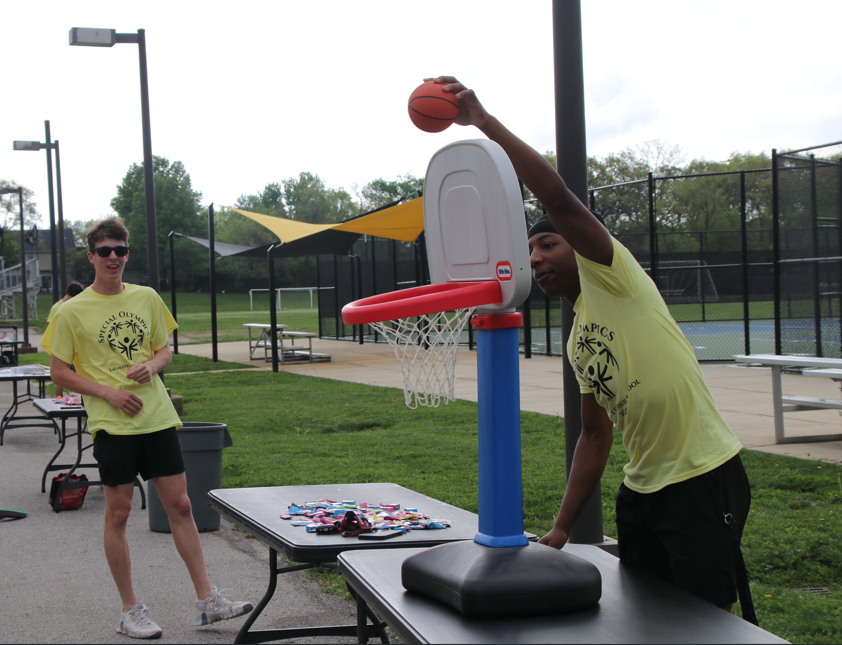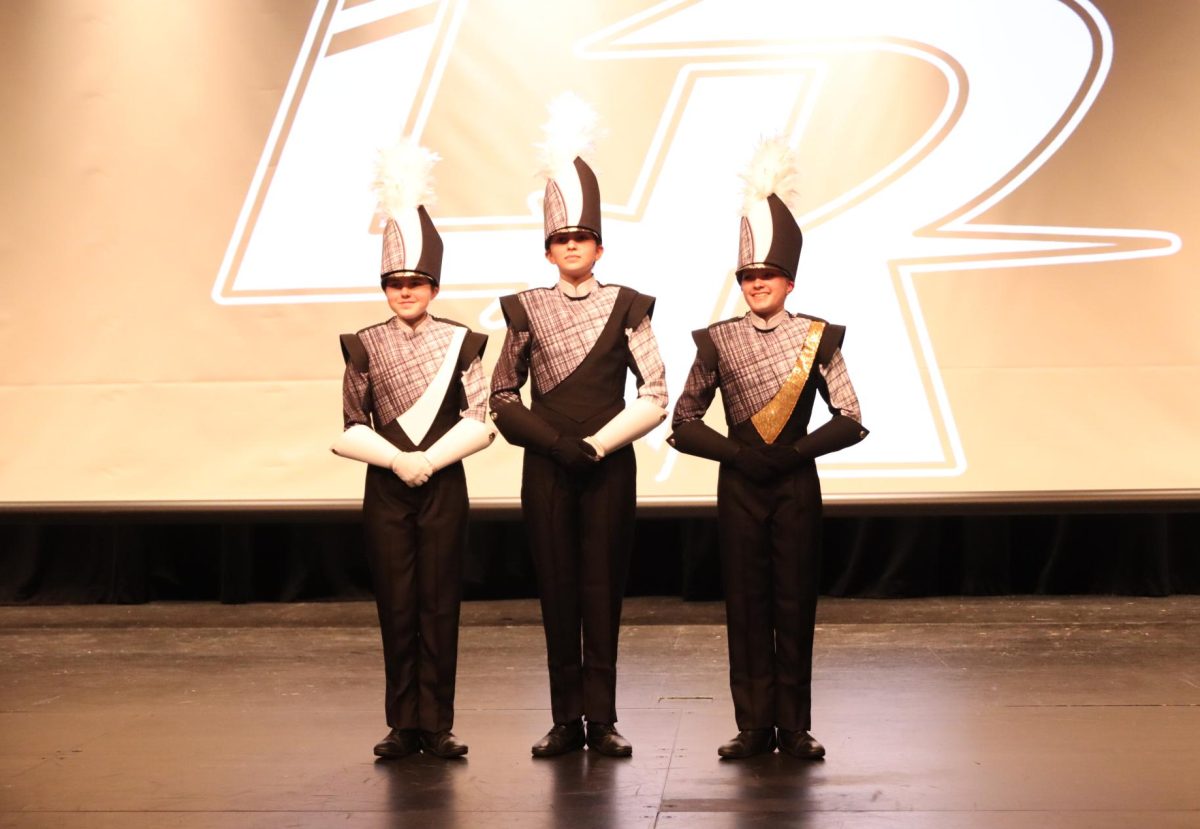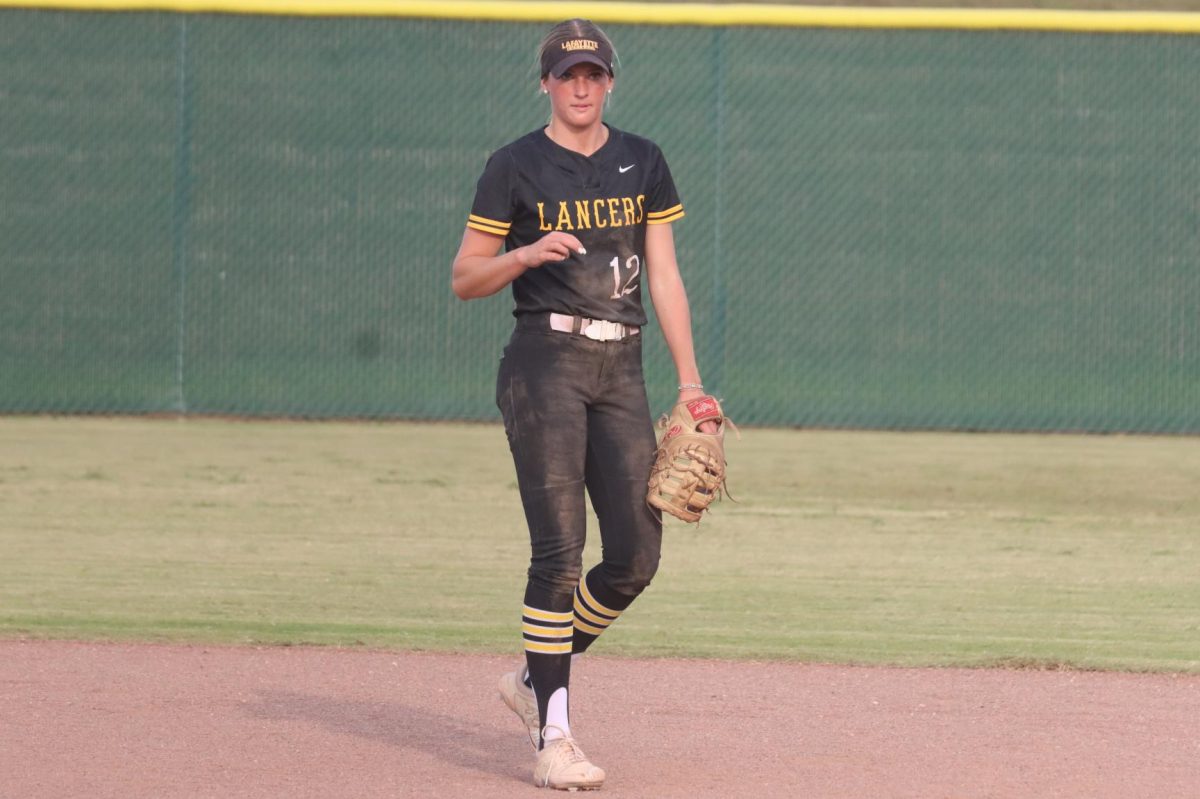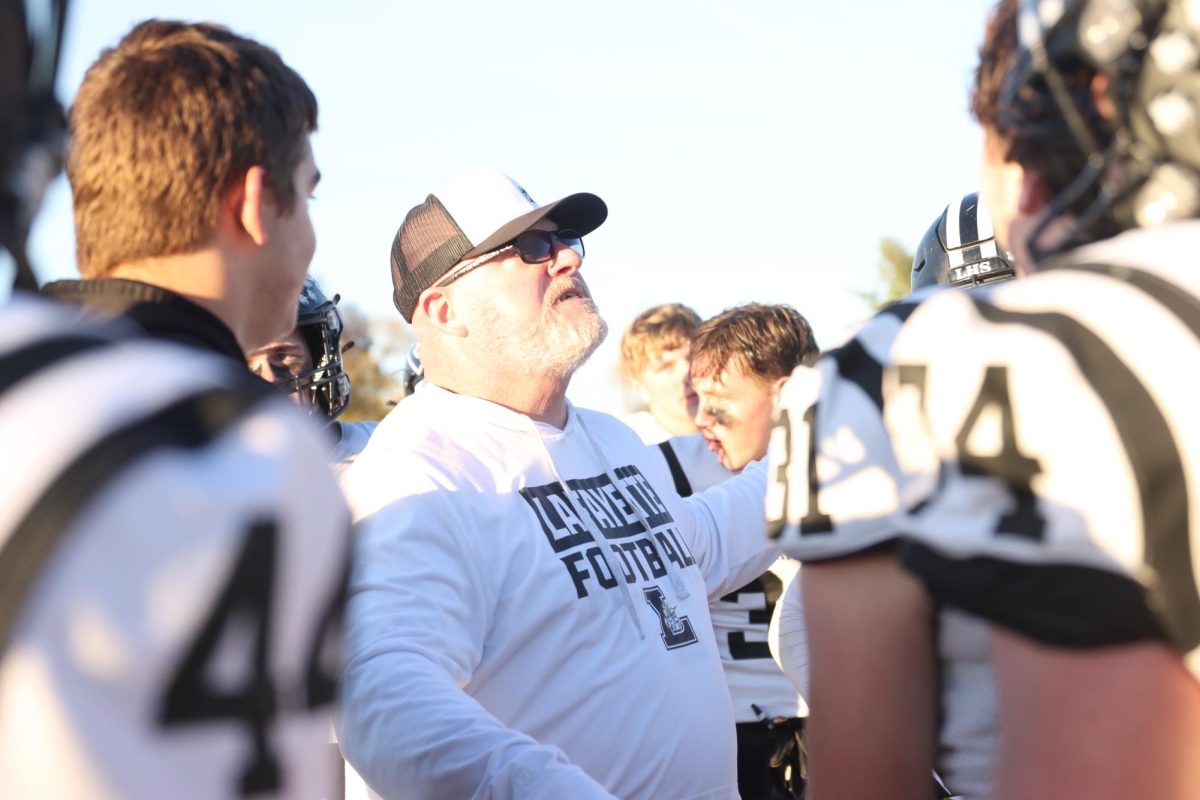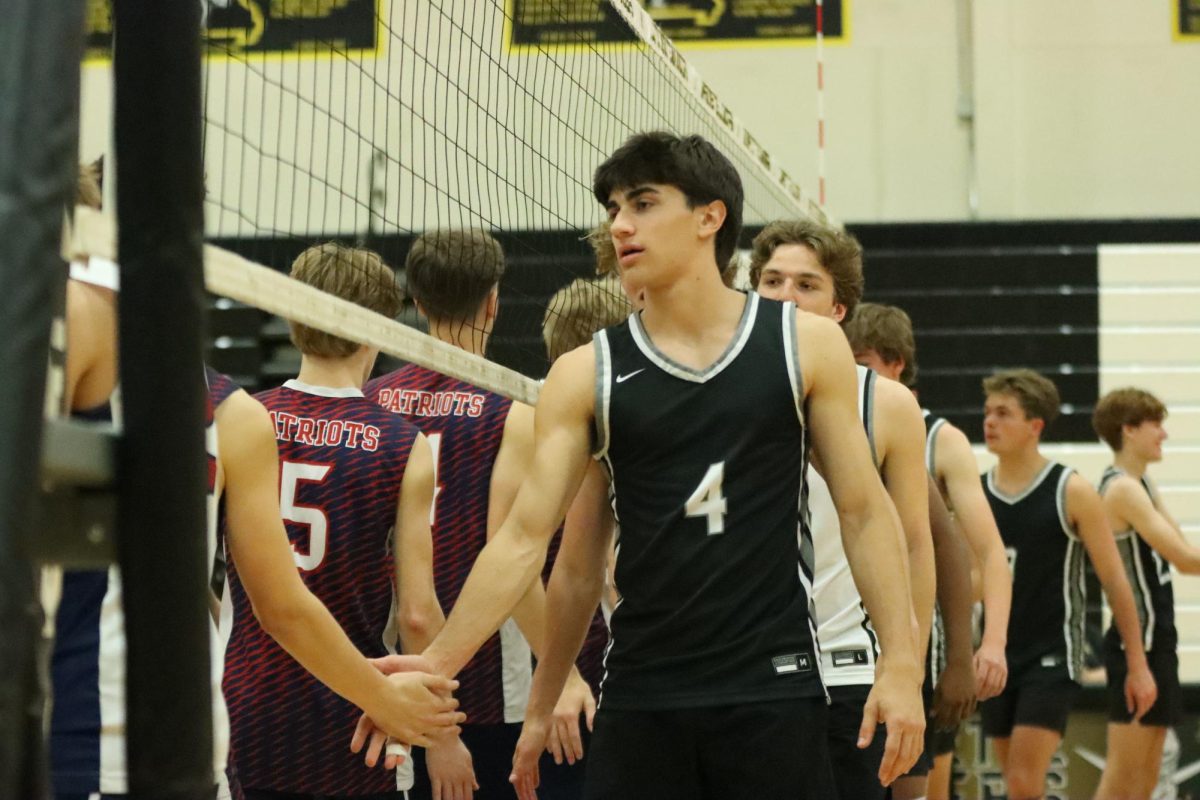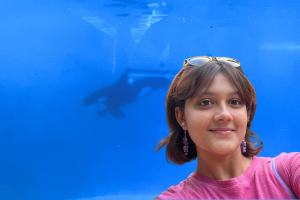Banned Books Week: The Kite Runner
September 24, 2014
If you go to the American Library Association (ALA) and find the top ten banned and challenged books for 2012, number six will be The Kite Runner by Khaled Hosseini. The reasons listed are for homosexuality, offensive language, religious viewpoint, and sexually explicit scenes.
While I do not deny there are parts in the novel that contain homosexuality, offensive language, religious viewpoints, or sexually explicit scenes, I believe the theme and story of The Kite Runner overrules all of those factions.
I read The Kite Runner in 2012 -ironically the year it was one of the most frequently challenged/banned books- for the Advanced Language Arts Research Presentation II (ALARP II) over the summer for us to discuss and write about once the school year started.
The story unfolds and the readers meet the narrator, Amir, from when he was a child in Afghanistan.
We are introduced to his Muslim heritage, his father’s disappointment and the life he had with his best friend and servant, Hassan. Although most people look down on Hassan and his father because of the form of Islam they practice, Amir’s father sees Hassan as more of a son than Amir.
The tension increases between Amir and Hassan during a kite fighting competition between the boys in Amir’s village.
The homosexuality portrayed in the novel is quite unsettling as it is a rape scene between a boy, Assef, and Hassan. It is heartbreaking to read, and even more heartbreaking to know that Amir watches it and doesn’t say or do anything.
Amir’s guilt plagues him to the point of blaming Hassan and his father for stealing and they are sent away.
As Afghanistan is taken over by Soviets and the groups we know as terrorists, Amir and his father are forced to leave their home without the two closest people to them: Hassan and his father.
As the novel continues, we as the readers learn more about the Islamic culture and being treated differently by Americans due to religion and ethnicity. We also learn about the nobility of the Islamic culture: honor and family are both important to the culture as a whole. This enhances the guilt that Amir has and it makes his redemption even more profound to know his background and culture.
This bildungsroman shows Amir’s growth from his childhood to his adulthood and his redemption of betraying his best friend.
Yes, there are scenes with homosexuality, offensive language, religious viewpoints and sexuality. But that is what makes it effective.
These scenes actually enhance the message of the novel.
The Kite Runner would have no effect on me if Amir’s guilt hadn’t been so profound that he sent Hassan away, or that he lived with guilt for years and for good reason. It’s what makes his redemption important to the reader, to know that no matter how sad or horrid the mistake is, or how long it’s been since the mistake, there is always a chance for forgiveness and growth.




